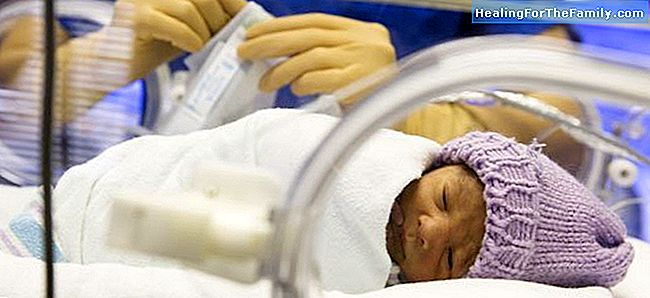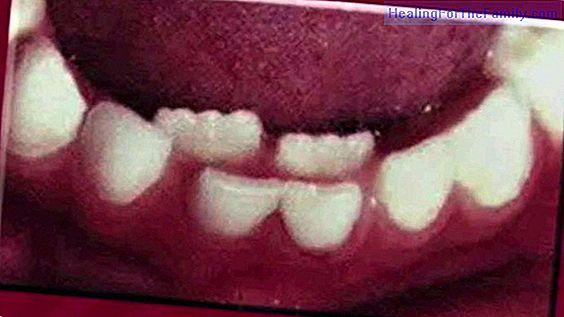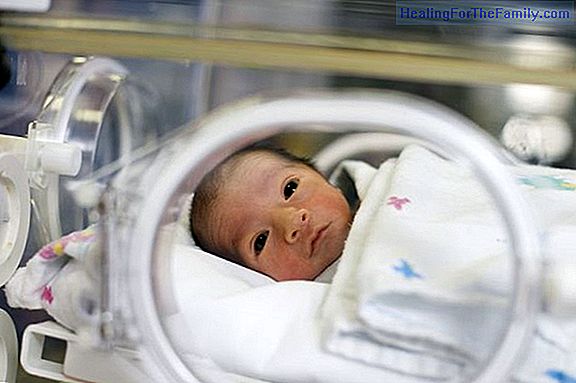Children born with problems in the intestine
Necrotizing enterocolitis is a problem that can affect the intestine of some newborns. Specifically, to premature babies (babies born before the 37th week of pregnancy), to newborns with low birth weight, to babies with certain heart conditions, with some lung disease or newborns with significant bl
Necrotizing enterocolitis is a problem that can affect the intestine of some newborns. Specifically, to premature babies (babies born before the 37th week of pregnancy), to newborns with low birth weight, to babies with certain heart conditions, with some lung disease or newborns with significant bleeding.
Symptoms of necrotizing enterocolitis in newborns

Let us consider one thing: blood is the vehicle through which nutrients and oxygen reach the different organs and systems. This will allow the organ to function properly. Well, in the case of enterocolitis, the access of blood and oxygen to various areas of the small intestine (distal ileum) and thick (proximal colon) is compromised. As a result of this poor infusion of the intestine, there may be a devitalization of the intestine and a secondary generalized infection.
From a clinical point of view, the baby with enterocolitis shows nonspecific signs of disease (pale-grayish color, some difficulty in breathing, less mobility) together with specific signs and symptoms (distended abdomen, emission of stool with blood). In turn, may manifest fever or tenths.
Diagnosis and treatment of necrotising enterecolitis in babies
To diagnose this entity, clinical suspicion is important. To base it, you will have a simple x-ray of the abdomen . In the same can be observed a pattern of bread crumb, gas inside the intestinal wall, gas in a vein of the liver called portal vein, abnormal aeration of the peritoneum, etc.The treatment is easily deductible. If the intestine is compromised, the most reasonable thing is to leave the baby
an absolute diet (it must be nourished through a vein until it is better), a nasogastric decompressive tube will be placed and antibiotics will be administered. In the most severe cases, the newborn will undergo surgical treatment.












